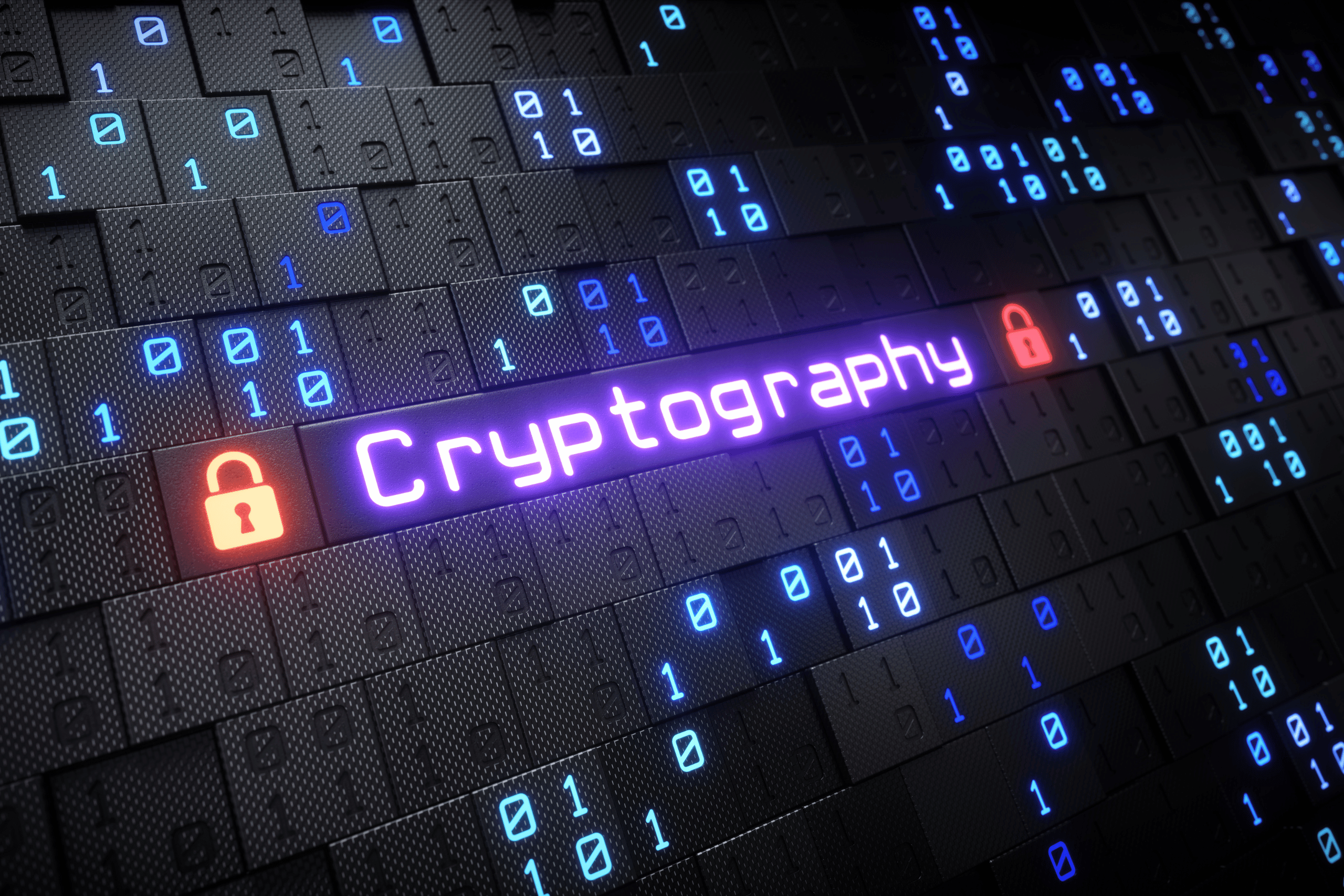
For decades, the security of digital systems has depended heavily on encryption methods such as RSA or ECC (elliptic curve cryptography). But with quantum computing progressing steadily, many of these familiar systems could become vulnerable. A capable quantum computer could break current public key cryptography in feasible time. This has led to the rise of quantum-safe cryptography — encryption algorithms designed to resist quantum attacks.
Why Quantum Threats Matter Now
While powerful quantum computers aren’t ubiquitous yet, institutions are preparing. Governments and businesses storing sensitive data today may want it to remain secure years into the future. Attackers could harvest encrypted data now and decrypt it later once quantum computers become powerful enough.
Because of this, organizations are starting to adopt post-quantum encryption or hybrid cryptography, combining classical and quantum-resistant algorithms. Standards bodies like NIST (National Institute of Standards and Technology) are driving the transition by selecting and standardizing quantum-resistant algorithms. IBM also emphasizes the need for agility and cryptographic transition in their security predictions for 2025. IBM
Key Approaches & Challenges
- Lattice-based cryptography, hash-based signatures, and code-based schemes are among the leading contenders for quantum resilience.
- One big challenge is performance and efficiency: quantum-safe algorithms often demand more computing power and produce larger keys or signatures.
- Compatibility and rollout: Updating existing infrastructure, protocols, and devices (IoT, embedded systems) is a massive logistical hurdle.
- Cryptographic agility: Systems must be ready to switch cryptographic algorithms as new vulnerabilities or improvements emerge.
What to Watch
- Adoption of quantum-resistant algorithms in VPNs, TLS (web encryption), secure messaging apps, and hardware cryptographic modules.
- Regulatory or government mandates pushing critical sectors (finance, defense, healthcare) toward quantum safety.
- Vendors offering “crypto-upgradable” devices that can evolve with emerging standards.
Bottom Line
Quantum-safe cryptography isn’t just a future concern — it’s already shaping how forward-looking organizations architect security. As quantum power increases, data encrypted today may become exposed tomorrow. For companies and individuals alike, keeping an eye on this shift and preparing is no longer optional.
Read more tech related content here.






Leave a Reply